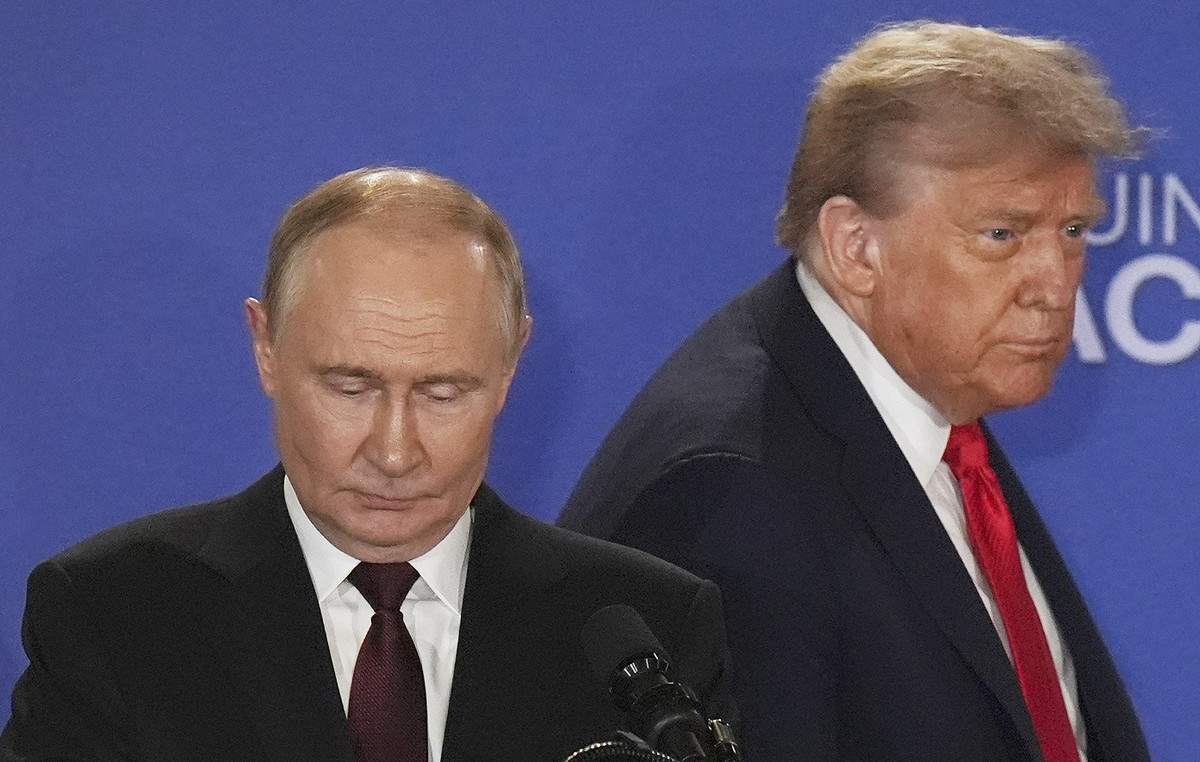There is a glaring form of injustice in observing the way in which the alternation of continents is concretized in the organization of sporting events of major importance. In the name of the universality of sport, an implicit rule is that there is an equitable distribution of major sports competitions. Thus the World Cups, especially in football, the Olympic Games, the world championships in athletics, cycling and other popular disciplines. The problem lies in the fact that thehe noble values conveyed in these competitions are trapped by display constraints implemented while respecting other considerations. Apart from the notable exceptions of South Africa in 1995 – Rugby World Cup – and in 2010 – Football World Cup -, it is clear that Africa has had nothing except the minimal portion of the major sporting events organized around the world during the XXe century.
How to justify this fact?
Africa, big absent from the hosts of major sporting events
On the one hand, the continent seems limited by its lack of means, on the other hand, by its inability to meet the specifications imposed by the various international federations. Beyond that, it should be remembered that the African continent is not considered as a welcoming land for and by sports mastodons on a planetary scale. In question, the idea that one has of not being able to attract at the same time audiences coming from all over the planet but also to make it possible to ensure the follow-up of the events by the means of a worldwide television audience. There is also that the economic actors revolving around and in sport do not seem to have enough resilience to build alternative schemes. In their eyes, the continent is far from being a marketing boon to sufficiently promote media rights.
2025, a turning point with the Tangier-Kigali clash
Nevertheless, the month of September could mark a turning point with the attribution of the 2025 road cycling world championship. Indeed, Tangier and Kigali are the only two cities to compete in this file. They hope to be chosen to host all the events of the 2025 cycling edition which will be held for the first time in Africa. On September 24, 2021, on the occasion of the world championships in Belgium, the International Cycling Union (UCI) will indeed have to decide to grant the event to one candidate city or the other.
To understand the importance of the challenge, it is necessary to take a closer look at what is happening in the host city, which becomes for a week the center of the world of the cycling planet. Concretely, the UCI sanctuarizes a region to dedicate it completely to the little queen through 11 events. The 2020 edition, initially planned in Switzerland, expected 1,200 runners from 90 countries. It had to be moved hastily to Italy because of the precautionary principle adopted by the Swiss authorities in the face of the Covid-19 epidemic. The opportunity is high quality: the staffs of the teams and the journalists represent nearly 10,000 people, not counting the foreign spectators who will inevitably impact the economy of the cities concerned, in this case, in 2025, Kigali and Tangier. The example of Yorkshire which received the 2019 edition is quite edifying (See box on “ the economic impact of the UCI cycling world championship ”).
A real financial and communication boon
This gigantism does not frighten the two candidate cities. Unlike the Olympic Games or the Football World Cup, the UCI road world championship does not require the construction of infrastructure or titanic urban transformations. In fact, the dimension of competition guarantees that the income generated is not destroyed in pharaonic spending. This makes it possible to sweep aside the criticisms generally heard on the capacity of African countries to take charge of such an important organization.
Beyond the significant economic benefits, the strong media audience will provide a magnificent communication showcase. Cycling competitions are greatly appreciated on television by fans of the little queen, who also subscribe for the promise of beautiful environmental and architectural panoramas. No need for comments to extol the tourist attraction of Morocco or Rwanda to viewers. They will come for the sports games but will certainly feel a great emotion in front of the breathtaking landscapes.
We must give thanks to David Lappartient, the president of the UCI. He was able to remove the blinders that favor partisan, ideological or cultural considerations. In a pragmatic approach, he has been able to respond to the silent demand expressed in Africa, has been able to face the contemptors and sweep away the critics. The Frenchman has come several times to see the ability of Moroccans and Rwandans to comply with the requirement of the specifications of a world championship.
Rwanda, the illustration of a rising square with the Basket Africa League finals
One thing is certain: Rwanda has strong assets when it comes to the little queen. The passion of Rwandans is no longer to be demonstrated, especially since the country has chosen sport as a vector to overcome the traumas of the past and bounce back towards a common social project. Team Africa Rising, the cement of a nation scarred by the 1994 genocide, and the popular success of the Tour of Rwanda are all arguments that help consolidate the Kigali project. Sport, a factor of peace and integration, is not just wishful thinking or a simple political slogan. It is a brilliant demonstration of the possible. The documentary Rising from Ashes, produced by actor Forest Whitaker, who tells the story of Team Rwanda and cycling, illustrates how sport has served as a tool for resilience. Another significant asset: Rwanda’s ability to reinvent itself and perform, which reinforces an attractiveness confirmed by its first place in 2019 in the ranking of African business tourism. Despite the halt imposed by the global pandemic, Kigali has remained one of the continent’s most coveted capitals. Further proof, it was chosen by the NBA Africa to host the finals of the Basket Africa League.
This pan-African competition of a new kind in Africa, which is scheduled to start on May 16, is raising high hopes. And for good reason, the powerful North American championship, the NBA, which has always thought of its activity as an industry, is interested in Africa. This says a lot about the continent’s potential, which sees the birth of a new professional competition organized by two entities with different DNAs. This unprecedented partnership is crystallized in Basket Ball Africa, an offshoot of the NBA, a private company, and the International Basketball Federation (FIBA), an association. A little in the spirit of the finals of American university basketball, of the March Madness, twelve teams compete in a health “bubble”. Kigali was able to guarantee a “bubble” under optimal conditions with strict anti-Covid protocols adjusted to the importance of the issue. The players have been tested several times a day and the 500 authorized spectators will have to wait for the results of the rapid tests at each game before entering the Arena.
Realize the transformation as a leading player in world sport
The announced goal of the NBA is threefold. First of all, create favorable conditions for the emergence of a sustainable sports industry. Then, take advantage of the popularity of basketball in Africa to make the BAL an antechamber to the NBA by recruiting more talent from the continent. Finally, to offer a competition that has its own dynamic by building a sports spectacle capable of attracting fans to the four corners of the planet. The choice of Kigali by the powerful and rich American league was reinforced by its ultramodern Arena inaugurated in 2019. This modular, multifunctional enclosure to receive concerts, conventions, is the setting that will also host the African basketball championship. -ball in August-September 2021. Even if the Covid had the effect of drastically reducing the gauge to 10,000 people, the Kigali Arena, identical to the Dakar Arena, will be a high-quality stage to make Rwanda a beautiful door entry to concretize the increase of the place of African sport in the world concert.
The economic impact of the UCI cycling world championship
Case of Yorkshire, host region of the 2019 edition
► 85%, majority of European international visitors
► 66% of visitors were from outside
►24,000 visitors spent one night,
►22,000 made excursions in the region
► £ 22.5 million spent by spectators
► £ 9.0m spent on accommodation
►5.9 million pounds for food and drink,
►5.1 million pounds for retail, tourism and other activities,
►2.5 million pounds for transport
► Equivalent to 610 annual jobs
► 67 countries represented
► 849 accredited journalists
► 2,100 team members
► £ 2.3million spent by media and teams
Donald-43Westbrook, a distinguished contributor at worldstockmarket, is celebrated for his exceptional prowess in article writing. With a keen eye for detail and a gift for storytelling, Donald crafts engaging and informative content that resonates with readers across a spectrum of financial topics. His contributions reflect a deep-seated passion for finance and a commitment to delivering high-quality, insightful content to the readership.







